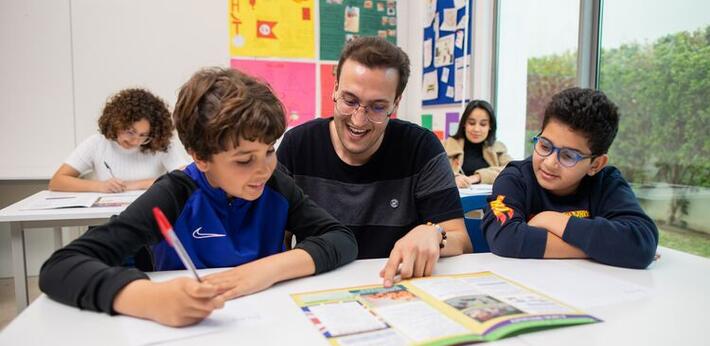You are here
Home ›10/06/2016
Students from Singapore's Integrated Programmes are more likely to get a degree
The Integrated Programme (IP) is a special pathway that Singapore Ministry of Education designed to provide academically strong students an integrated secondary and pre-university education. Selected pupils can proceed from secondary to junior colleges without taking the GCE ‘O’ Level Examinations at age sixteen. Schools offering IP will optimise the time freed up from preparing for the GCE ‘O’ Levels to stretch pupils and provide greater breadth in both academic and non-academic curriculum.
These high-performing students enrolled in the IP, not only come from affluent families, but are also more confident of getting at least a university degree. Recent studies conducted in Singapore have revealed characteristics of students currently in such schemes, and has examined class differences as well as students’ and parents’ perceptions. The first study, conducted by researchers from the National University of Singapore show children from higher socio-economic backgrounds are more likely to opt for schools offering IP. According to the results, nearly 41 per cent of IP school students come from families with a monthly household income that exceeded S$10,000, compared to 7 per cent in government schools. About 31 percent of Integrated Programme students live in private homes as compared to the 3 per cent in government schools who did so.
The above ties in with another study conducted, supporting the claim that secondary school students in IP schools are 2 ½ times more confident of getting at least a university degree, when compared to their peers in other schools. This study was conducted by the Singapore Children’s Society in April, which does research on social trends. Being in such schools often results in students setting higher expectations and aspirations for themselves, generally believing that they have the potential to obtain a university degree.
While 80 per cent of IP students were confident in attaining a university degree, only 54 per cent and 32 per cent were confident of doing so in government aided/autonomous and government schools respectively. This was also parallel to a higher percentage of parents, 88 per cent, being confident of children enrolled in IP schools to obtain a degree as compared to 70 per cent and 52 per cent for government aided/autonomous and government schools respectively.
UK education institutions looking to recruit high-performing students with aspirations of attaining a degree should definitely engage the IP schools. These students are also more likely to be from families with the financial means to support their overseas studies.






